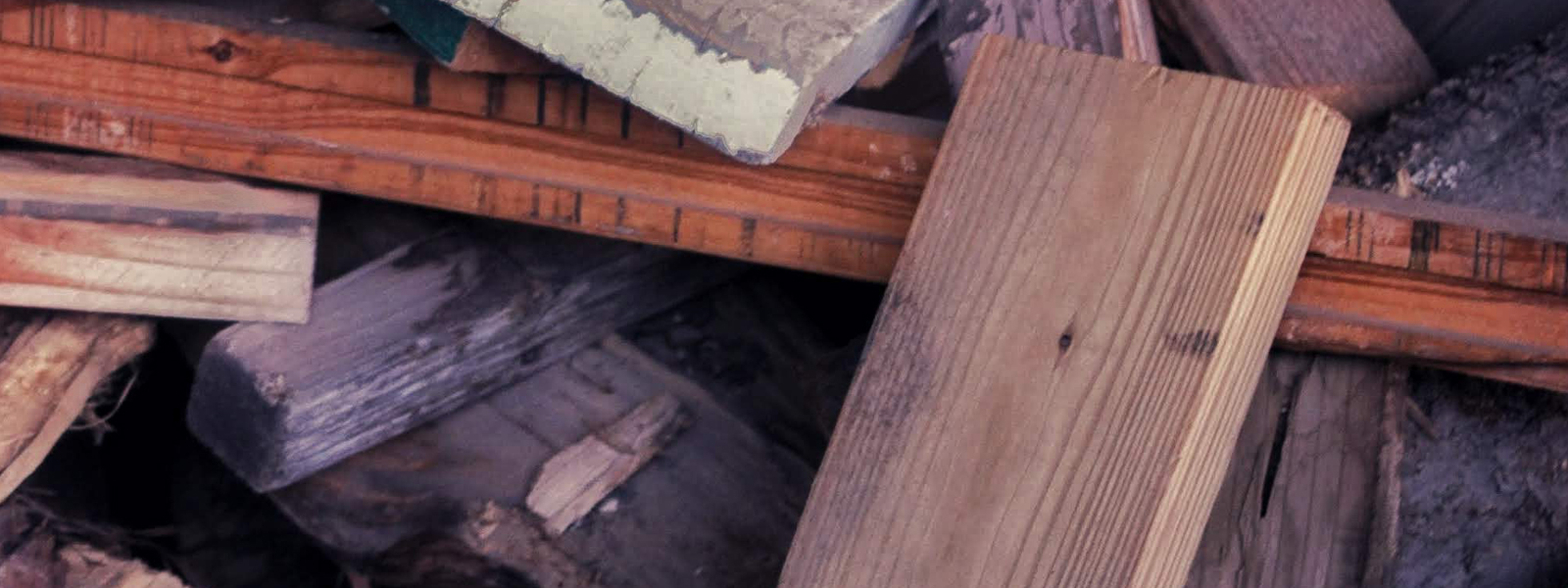You learnt about force at school last week, how mass and acceleration combine to create impact. Like your heel-toe trail in the sandy track from the beach up to your house.
TJ had been sitting next to you in class, told a long story about his neighbour who came off his motorbike on Saturday night – skidded on loose gravel at the side of the road near Stony Creek and scraped his leg up bad. He’s a big fella….drives fast…likes a drink, TJ said. Your teacher had agreed that the force of the impact would have been large given his speed and size, and that the equation didn’t take into account extenuating circumstances.
You thought about this as the piece of timber struck for the first time. The mass of the wood wasn’t so much compared to a motorbike. You could see the rough-cut edges where a saw had left its mark. Some tree from who knows where, not around here anyway, travelled on a truck and a boat before Uncle bought it to make the shed out back then left it leaning against the house until it turned dark with damp. It had been right there when Uncle needed it though, fitted neatly into his palm.
Total mass was not so simple. Uncle was big although not as big as TJ’s neighbour. Thick fingers that could tie a hook to a line in seconds, long muscled arms that cast out again and again until you could do the same. And footprints wide enough to make your own invisible.
You could not guess the acceleration, not in km/p/hr anyway. Tucked up tight now, turtle position like your teacher had shown the class in an earthquake drill last year, you knew it was fast. Slowing, as Uncle began to tire.
Extenuating circumstances. That was easy. It was a smear of gloss on your lips, a way of walking and laughing that wasn’t like the other boys, of being too smart for your own good.
If you flipped the equation and worked backwards from the force of the first blow, when you cried out and thought surely someone would hear, surely someone would come, then you should be able to work it out. Same as your science book with its rows of red ticks from the teacher and TJ pissed cos his were all crosses, and he hadn’t wanted to come over today even when you’d asked him twice and promised to buy him a pie on the way home because you’d known from the look Uncle gave when you left this morning that something was brewing.
But what had been clear was not so much anymore.
Then you remember that one action leads to another. Uncle’s arm raises, and you become that slip of a tear falling from his face. You take flight, soar where storm birds gather, until all that’s left is a speck of green on blue.
…
Biography
Rachel Smith lives in Aotearoa New Zealand. Her writing has been published in journals and anthologies, including Best Microfiction 2019 and Bonsai – Best Small Stories from Aotearoa New Zealand, short listed for the Bath Flash Fiction Award and TSS International Flash Fiction, and placed second in 2017 NZ National Flash Fiction Day. She is script writer for a feature film Stranded Pearl due for release in 2020. @rachelmsmithnz1 | rachelmsmithnz.wix.com/rachel-smith
Image: unsplash.com





